Reviewed by the BioHackers Lab Team | Last updated: February 5, 2023
NAD+ is vital for our overall healthspan, but the problem is that our NAD levels decrease as we age. Whilst NAD levels are not defined as one of the nine hallmarks of aging, they are considered one.
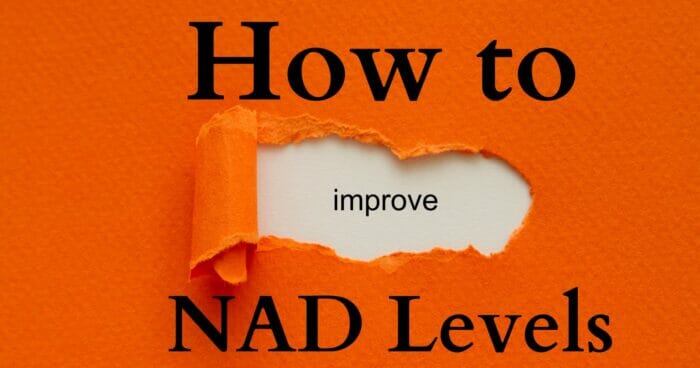
The good news is that there are natural ways to help support and increase your levels of NAD+ in your body to help you age better.
We look at what are the recommended methods to help improve your NAD+ levels that we could find in both research papers and other popular online references in the list below.
1. Exercise
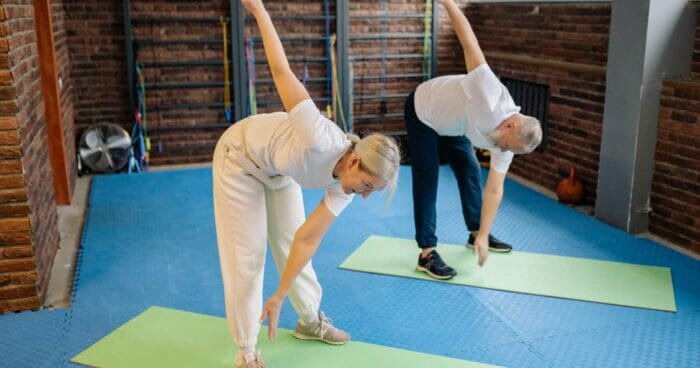
According to research, performing regular aerobic and resistance training exercise helps signal to your body to make more NAD+ to support your muscles energy needs.
Regular physical activity has antiaging effects and reduces the risk of injuries in older individuals
2. Caloric Restriction
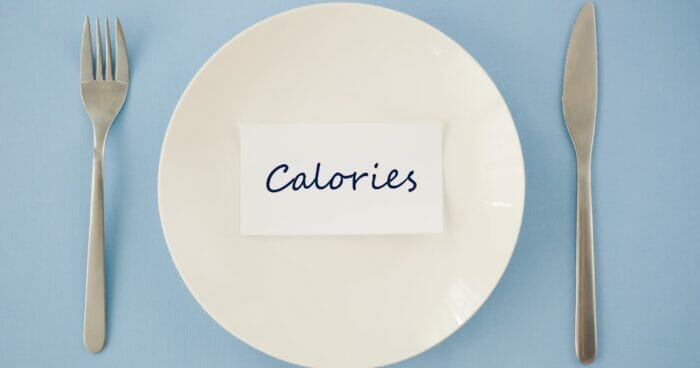
According to research reviewed by Scientific American 5 days of hunger a month might reduce the factors involved in aging and age related diseases.
It would appear that managing your diet is an important factor when trying to boost NAD+ levels.
CR stimulates the NAD+ salvage pathway leading to increased NAD+ bioavailability by activating the expression of NAMPT, which triggers the NAD+ salvage pathway by transforming nicotinamide (NAM) to NAD+
3. Limiting Sun Exposure

Sun exposure is healthy in correct dose exposure to our skin and is vital in helping us make Vitamin D3 for overall health. However, it appears that if we are overexposed and develop sunburn then this causes a stress on the system, which requires more NAD+ to help us repair the DNA damage done by UV light.
Niacin deficiency in humans, which leads to low NAD status, causes sun sensitivity in skin, indicative of deficiencies in responding to UV damage.
4. Drinking Less Alcohol

Alcohol is much debated as to whether any can have a beneficial effect on our health as we age; think of the French Paradox we mentioned on the best anti-aging supplements review.
If you are looking to increase your NAD+ levels then abstaining from any alcohol consumption would appear to help support your body to not deplete its NAD levels.
NAD(+) levels are markedly reduced when blood alcohol levels are high during binge drinking.
5. Eating Foods Rich in NAD+ Precursors
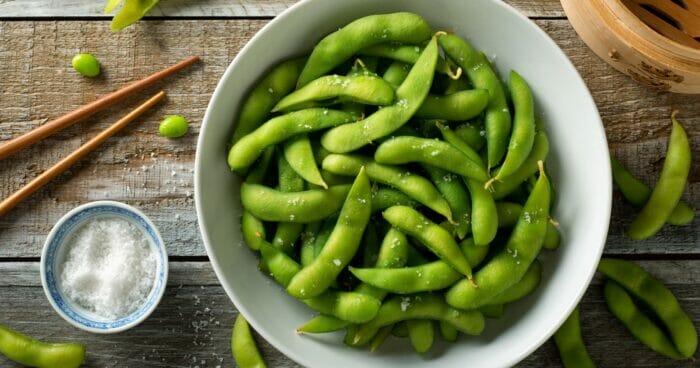
The type of food we consume can help us expose our bodies to more NAD+ precursors, which can help us to make more endogenous NAD+ coenzymes.
Foods like edamame and broccoli have been mentioned before when looking for foods with nicotinamide mononucleotide (NMN), which is a precursor to NAD.
Daily requirements for NAD+ synthesis can be obtained either with dietary tryptophan or with around 15 mg/d of daily niacin, a collective term for nicotinic acid (NA) and nicotinamide (NAM) [61], which can be found in meat, fish, and dairy products [65].
6. Heat and Cold Shocks

Interestingly it would appear some short-term exposure to either hot or cold can assist our bodies in making more NAD+ naturally.
You might have heard famous podcasters like Rhonda Patrick interview researchers like Dr. Jari Laukkanen on how regular sauna bathing may be linked to several health benefits including cardiovascular and cognitive.
Short-term cold exposure is thought to help stimulate brown adipose tissue (BAT), which has health benefits on our mitochondria.
In mouse and human BAT, cold exposure activates NAD+ biosynthesis mediated by a rate-limiting enzyme, NAMPT [148]
Source
7. Dietary Supplementation
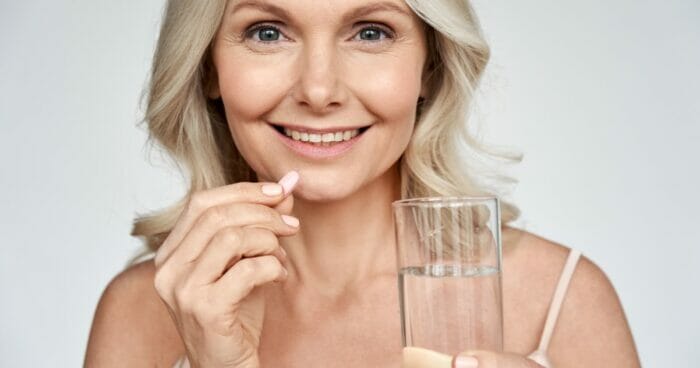
Nicotinamide is one of two forms of Niacin (vitamin B3) and is a precursor that has been shown to help boost NAD+ levels in humans depending on which type of nicotinamide supplement you take.
Two of the most popular NAD+ supplements that people take are nicotinamide riboside (NR) and nicotinamide mononucleotide (NMN) in order to help raise their NAD+ levels.
Another interesting substance that supports NAD levels is methylene blue as used in Blue Cannatine troches.

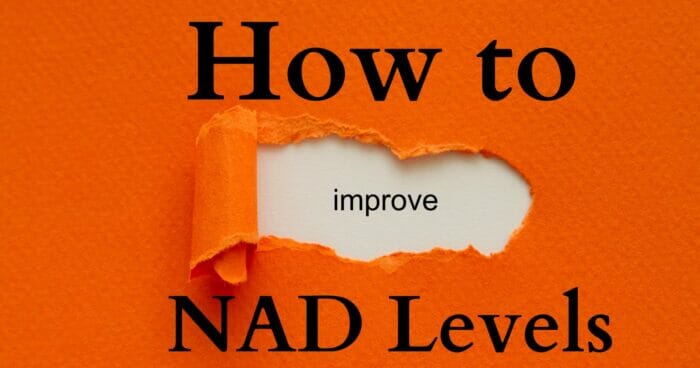
Your point of view caught my eye and was very interesting. Thanks. I have a question for you.